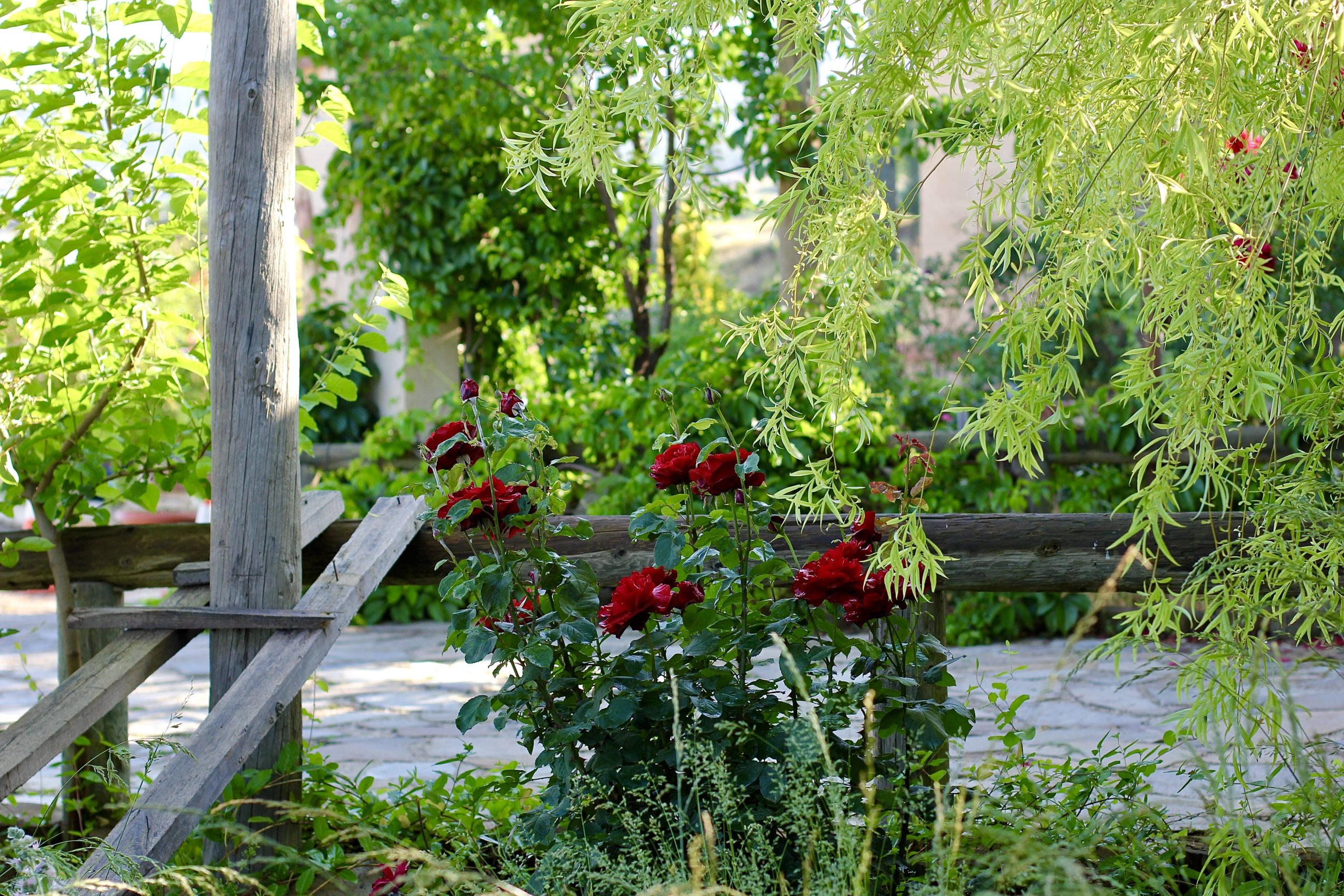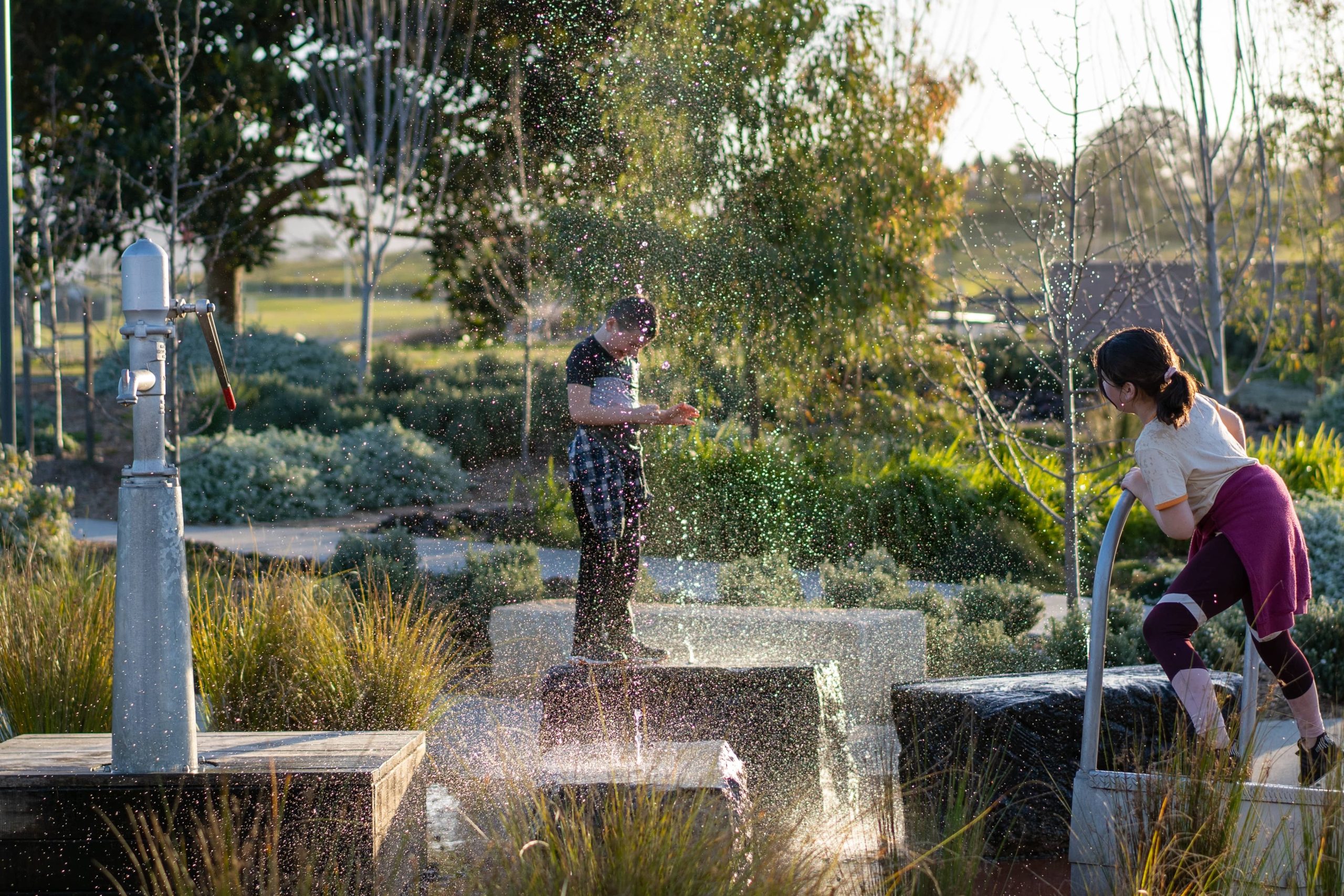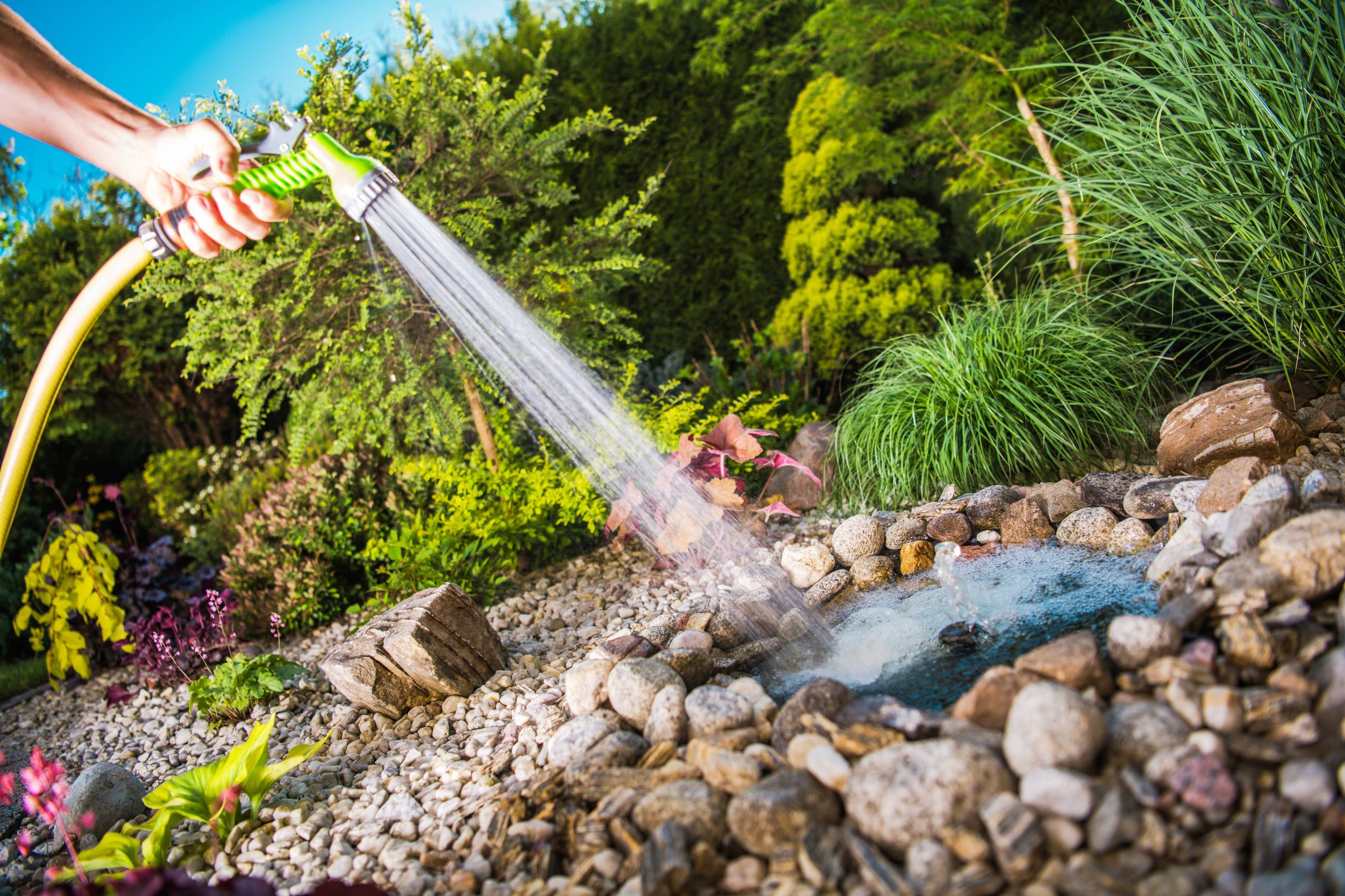
Gardening at home is a rewarding endeavor that not only improves your landscape’s aesthetics but also fills your table with freshly grown produce. There’s unmatched joy in harvesting your own tomatoes, lettuce, and carrots. However, successful vegetable gardening requires some know-how. Whether you’re a seasoned gardener or a beginner with a green thumb, here are some essential tips to help you grow a thriving vegetable garden.
1. Choose the Right Location
The success of your vegetable garden heavily depends on where you situate it. Vegetables generally need full sun – that means at least 6-8 hours of direct sunlight per day. Thus, select a spot in your garden that isn’t shadowed by trees, fences, or buildings.
Additionally, your garden should have good drainage. Most vegetables do not like standing in water, which can lead to root rot. If your soil does not drain well naturally, consider using raised beds or planters to give your plants a better chance.
2. Know Your Soil
Understanding your soil is crucial for successful vegetable gardening. Start by testing your soil for pH levels and nutrient content. You can purchase an affordable soil test kit at garden centers or engage a local extension service for detailed analysis.
Most vegetables prefer slightly acidic to neutral soil (pH 6.0 to 7.5). Based on your soil test results, you may need to amend your soil with lime to raise the pH or sulfur to lower it.
Moreover, enrich your soil with organic matter. Compost, well-rotted manure, or leaf mold can dramatically improve soil texture and fertility, providing plants with essential nutrients for proper growth.
3. Plan Your Garden Layout
To maximize space and plant diversity, consider using companion planting techniques. Some vegetables thrive when grown alongside certain plants due to their ability to repel pests or improve soil nutrients.
For instance, tomatoes benefit from being planted near basil, which can enhance their growth and flavor. Similarly, carrots and onions can deter pest threats to each other. Plan your layout considering the growth habits and sizes of your plants to avoid overcrowding, which can hinder their development.
4. Timing Is Everything
Vegetable gardening is all about timing. Knowing when to plant each vegetable is paramount. Consult your local planting calendar to determine the right time for sowing seeds in your region.
Cool-season crops like lettuce, spinach, and peas can be planted in early spring or fall. Warm-season vegetables such as tomatoes, peppers, and cucumbers should be started after the danger of frost has passed and the soil has reliably warmed.
Staggering your plantings every few weeks can ensure a continuous harvest throughout the growing season.
5. Water Wisely
Proper watering is crucial for vegetable growth. Over-watering can be as detrimental as under-watering. Aim to water deeply and less frequently. This encourages deep root growth, making your plants more resilient to drought.
A good rule of thumb is to give your garden about an inch of water per week, either through rainfall or irrigation. Use a soaker hose or drip irrigation system to deliver water directly to the soil, preventing moisture-related diseases on the foliage.
Mulching your vegetable garden can also conserve moisture and regulate soil temperature. Organic mulches like straw, grass clippings, or shredded leaves are excellent choices.
6. Control Pests Naturally
An array of pests can threaten your vegetable garden. Implementing natural pest control methods is better for the environment and safer for your health compared to chemical insecticides.
Handpicking larger pests like hornworms and slugs can be effective. For smaller insects, consider planting pest-repelling flowers like marigolds and nasturtiums. Beneficial insects such as ladybugs and lacewings play a significant role in keeping pest populations in check, so encourage their presence in your garden.
For more persistent problems, neem oil, insecticidal soaps, or diatomaceous earth can be useful organic solutions.
7. Feed Your Plants
Vegetables are heavy feeders and may require additional nutrients throughout the growing season beyond the initial soil amendments. Regularly applying a balanced organic fertilizer can support your plants’ growth.
Liquid seaweed and fish emulsion are popular choices, as they feed plants while enhancing soil fertility. In general, fast-growing leafy vegetables need more nitrogen, while fruiting vegetables might require added phosphorus and potassium.
Observe your plants regularly for signs of nutrient deficiencies, such as yellowing leaves, stunted growth, or poor flowering.
8. Keep Your Garden Healthy with Crop Rotation
Practicing crop rotation is an essential gardening technique that helps manage soil health and pest levels. By changing the types of vegetables grown in each area of your garden each season, you can reduce the build-up of soil-borne diseases and pests.
Rotate the families of plants, such as brassicas, legumes, and nightshades, to different areas of your garden each year. This practice can also enhance soil nutrition, as different plants have varying nutrient needs and contributions.
9. Harvest Regularly
Regular harvesting encourages your vegetables to produce more. Pick vegetables as they ripen; waiting too long can affect both the plant’s energy and the flavor of the produce. For example, lettuce leaves become more bitter if left too long before harvesting.
Frequent harvesting also reduces loss to animals and can prevent problems like overripening that attracts pests.
Conclusion
Gardening is a continual learning process, and these tips provide a solid foundation for successfully growing vegetables in your home garden. As you gain experience, you’ll discover what works best for your particular space and microclimate.
Devote time to observe your garden’s progress and don’t be afraid to experiment with new methods or plant selections. Ultimately, the rewards of growing your own vegetables are bountiful – from enjoying fresh produce to experiencing the therapeutic benefits of gardening. Happy planting!







